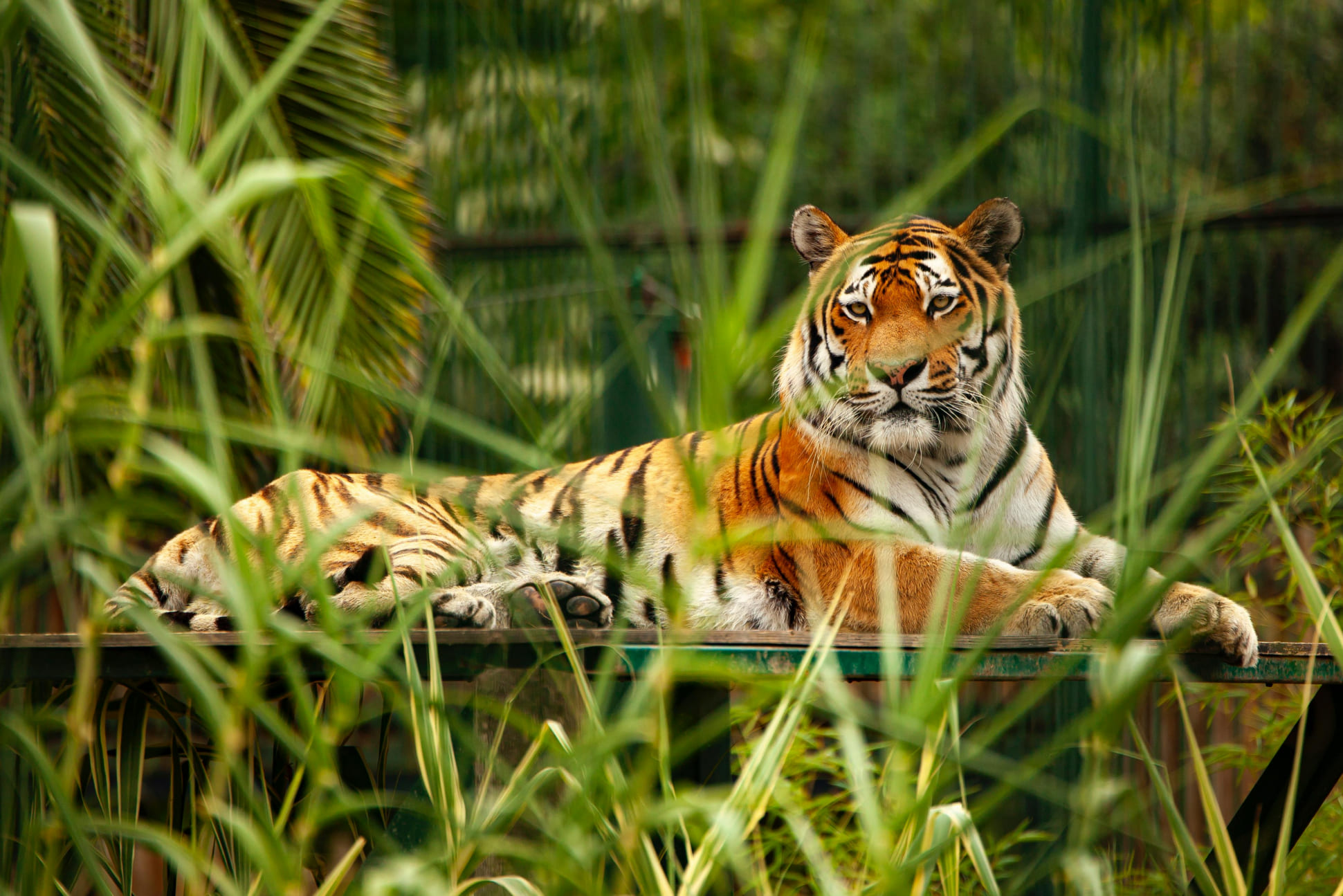The Role of Zoos in Scientific Research and Advancing Animal Health
Modern zoos are important centers for scientific research, contributing to advancements in animal health, genetics, and behavior studies. Zoo veterinarians and researchers study diseases that affect both captive and wild populations, working to develop treatments and preventive measures that benefit animals around the world. Research conducted in zoos often focuses on improving animal care, from understanding dietary needs to developing enrichment activities that encourage natural behaviors.
Zoos also contribute to research on genetics, which is essential for maintaining healthy breeding populations of endangered species. Genetic studies help zoos make informed decisions about breeding pairs, minimizing the risk of inbreeding and ensuring that captive populations retain their genetic diversity. Additionally, zoos play a crucial role in reproductive research, including artificial insemination and embryo transfers, which are vital for species with low population numbers. By sharing their research findings with the broader scientific community, zoos contribute to the global body of knowledge, supporting conservation efforts and improving animal welfare both in captivity and in the wild.
